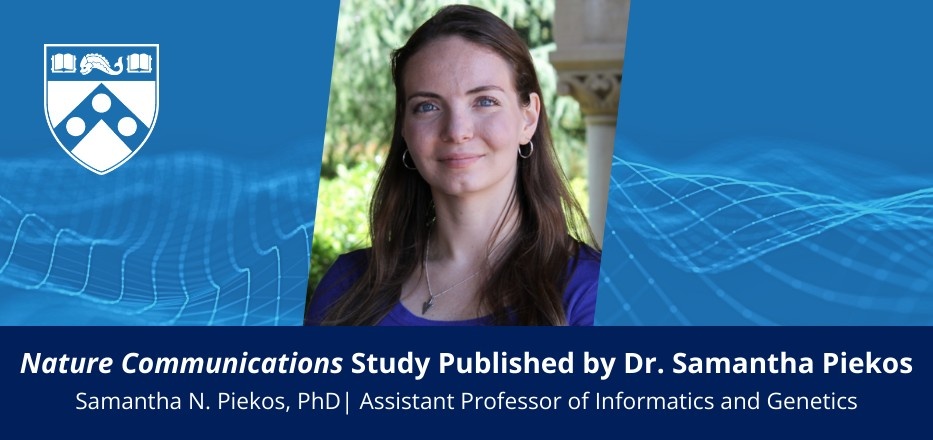
Dr. Samantha Piekos and her collaborators at the Institute for Systems Biology and Magee-Womens Research Institute published new findings in Nature Communications Biology that shed light on the placental biology behind pregnancies affected by common pregnancy complications.
To understand how these conditions may arise, Dr. Piekos and her team used a comprehensive approach that integrated multiple types of biological data from 321 placentas, including those with control term deliveries, severe fetal growth restriction with and without hypertension, spontaneous preterm delivery, and severe preeclampsia.
They found that placentas from pregnancies with fetal growth restriction with hypertension had an increased number of extravillous trophoblasts, a cell type crucial for placental development. The team also defined distinct placenta biological networks for each pregnancy condition. They found that miR-210-3p, which is a molecule induced by low oxygen levels, was a central player in the network for placentas from pregnancies with fetal growth restriction and hypertension. From these networks, they defined a unique biological signature that distinguishes placentas with fetal growth restriction with hypertension from placentas of other conditions.
This work demonstrates the power of a systems biology approach to uncover the distinct drivers of complex pregnancy syndromes and to help differentiate them from each other.